Page 113 • (1,470 results in 0.024 seconds)
-
his wife, PLU grad Shannon Park ’96, a licensed clinical social worker, have been there ever since. Even though OSF is decidedly in Comins’ comfort zone, it is no easy task. Each season, he’ll perform in two to three productions, totaling about 120 shows a year, sometimes performing in as many as 10 productions a week. “It’s a grueling schedule,” he said, “but you get used to it. It’s a rhythm. “I would not trade my experience for anything.” “Julius Caesar” plays in OSF’s New Theatre March 25
-
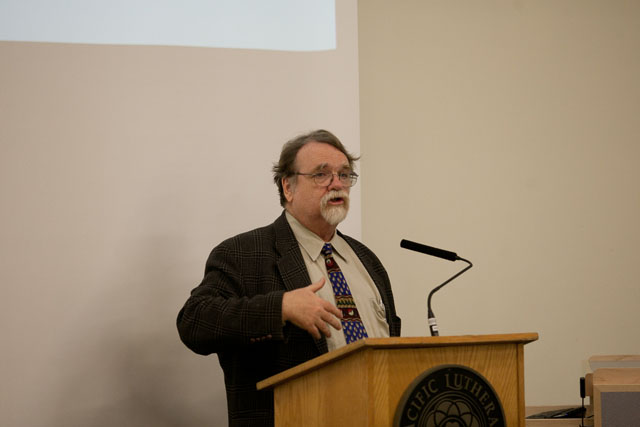
February 24, 2012 Paul B. Thompson, the W.K. Kellogg Chair in Agricultural, Food and Community Ethics at Michigan State University gave the keynote address for the Food Symposium. (Photo by Igor Strupinskiy ’14) Exploring food issues By Katie Scaff ’13 Food intersects with just about any social justice issue you’re interested in, according to PLU Philosophy Professor Erin McKenna. McKenna was one of more than a dozen experts and enthusiasts who shared their knowledge with PLU and the greater
-
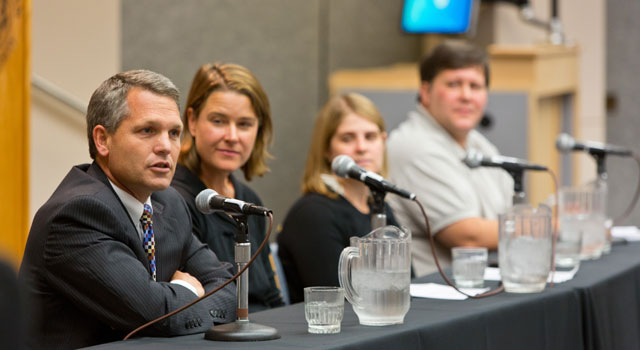
September 29, 2012 Alumni Kevin Anderson ’80, Holly Foster ’96, Andrea Sander ’05, and Stephen Alexander shares their thoughts on vocation during the Meant to Live conference’s alumni panel. (Photo by John Froschauer) ‘Follow your bliss’ By Chris Albert The resounding advice from a panel of social sciences alumni during the Meant to Live conference was: “Follow your passion.” “I have always been interested in a lot of things,” said Holly Foster ’96, who majored in psychology and theater
-
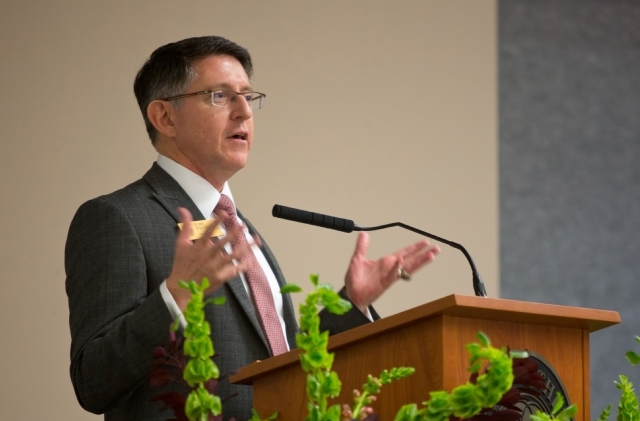
environment is “an important part of PLU’s DNA,” he added. This commitment to sustainability intertwines seamlessly with PLU’s commitment to social justice and diversity, he said. Several of the future goals for PLU include incorporating a carbon offset for air travel by 2014 and using more geothermal energy in the halls and buildings. During the ceremony, it was announced that Hinderlie Hall won this fall’s unPLUg challenge to reduce energy consumption by 16 percent, when compared with last year’s
-

Georgia is an educational tour, during which participants will visit symbolic sites such as the Civil Rights Memorial/Southern Poverty Law Center and the Rosa Parks Museum to learn about the history of the Civil Rights movement. ● The international option: Traveling with PLU’s School of Business to Nicaragua, participants will take a course on how nonprofits and social business can affect the local economy and community through a meaningful project. Students will work as group to install a well for a
-
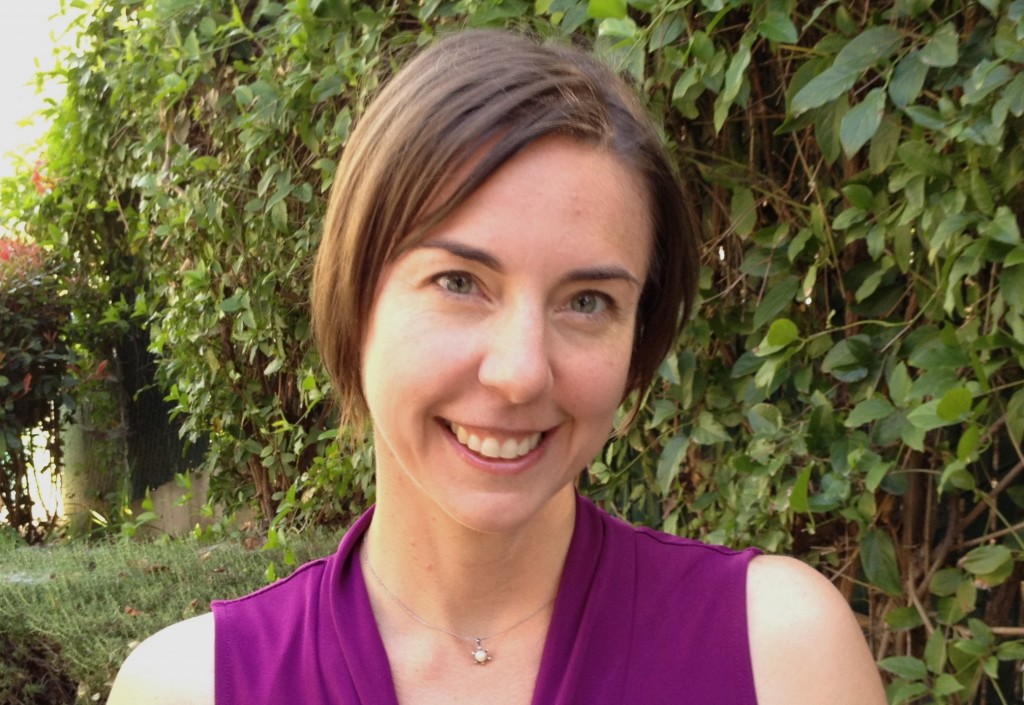
uses of the city streets of Berlin during the 1920s and ’30s. She discusses how the city landscape translated and revealed the struggle of the political and economic crises of the period. By using different types of research tools, including police reports, photographs, newspaper articles and archives, Loberg demonstrated how interwar crises can be tracked in the streets of Berlin. She showed how the cityscape not only revealed social, political and economic tensions but also how governments
-

beginning of spring semester. Athletic Marketing and Social Media Director Sarah Hebel said the new mascot fits not only with the athletics brand, but also with all of PLU. “We needed something that we could out into the community even beyond athletics that would be a recognizable image that people would associate with PLU,” she said. “This can be the identity people associate with PLU campuswide.” Sarah Giomi ’18, a member of the cheer squad, loves the spirit Lancelute encourages. “The mascot really
-

key member of the Real News Network from 2009-11, he produced more than 100 investigative video pieces on economics, politics and social movements in North and Central America. Since 2012, Freeston has directed five documentaries for TeleSUR, the world’s largest public Spanish-language broadcaster. Resistencia is his second documentary film on Honduras. The screening is a collaborative project, co-sponsored by the PLU Departments of Anthropology, History and Global Studies; International Honors
-
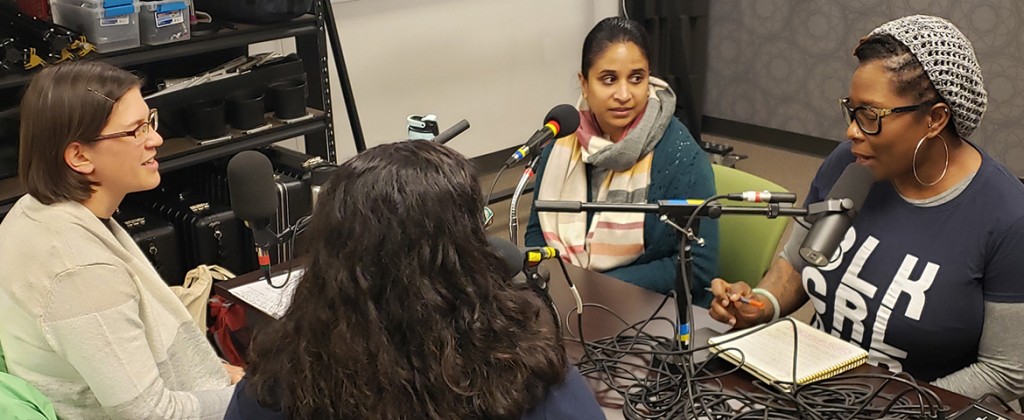
considering many people are without the privilege to serve or travel abroad. Wiley, Urdangarain and Shah explore how service impacts indigenous communities, the need to exercise care in the context of service, and the ways in which the White Savior Complex manifests itself through service. Katherine Wiley traveled to semi-rural Mauritania, first as a Peace Corp volunteer and then again to conduct research analyzing how ex-slaves and slave descendants are understanding their identities and reworking social
-

supportive learning space for participants to discuss race and racial disparities that are systemically present in work, school, and everyday life. This summer’s emergency convening was organized in response to the increased public indignation regarding police brutality towards Black people. “Millions of people worldwide watched in horror on television and social media as a law enforcement officer, with callousness, murdered a black man,” said Melannie Denise Cunningham, PLU director of multicultural
Do you have any feedback for us? If so, feel free to use our Feedback Form.


